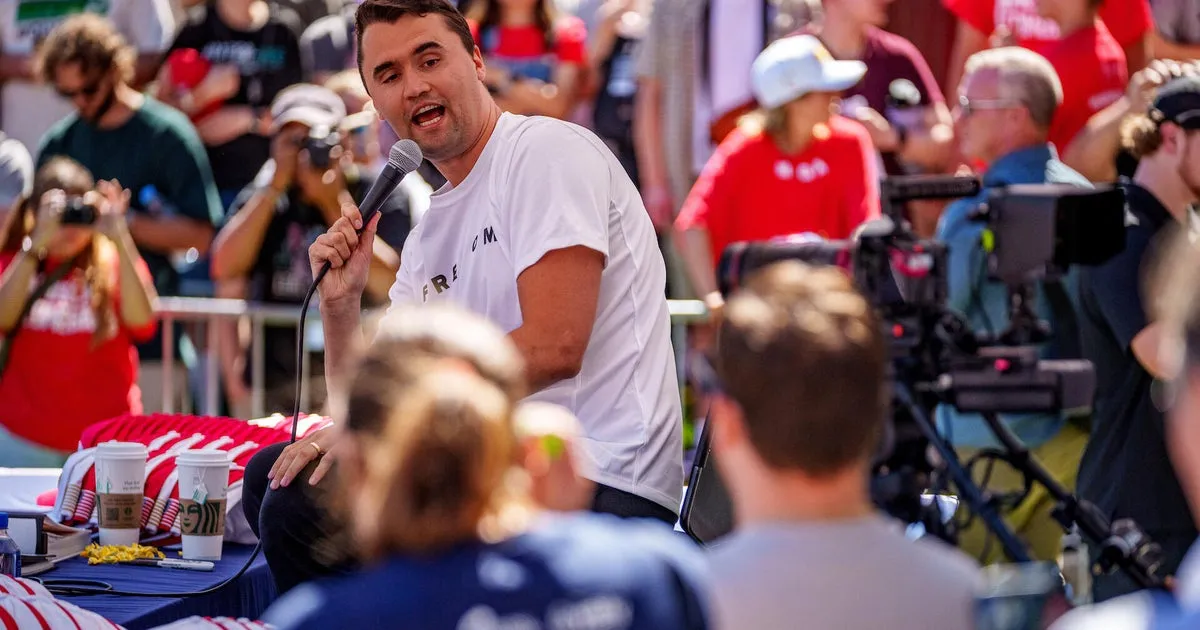
The recent assassination of Charlie Kirk has sparked a nationwide debate about the implications of political violence in the United States. As the fallout continues, many employees are facing significant professional repercussions for their public comments regarding Kirk's death and other politically charged issues. This week, several organizations have terminated employees due to remarks related to the incident, highlighting the tension between free speech and corporate policy.
Among those who have lost their jobs or faced disciplinary actions are a political analyst, a university employee, a sports reporter, and a U.S. Secret Service agent. The circumstances surrounding Kirk's assassination, which occurred during a speech at Utah Valley University, have led to an intense scrutiny of how public statements can affect employment.
According to legal experts, private employers have the legal right to terminate employees who make public statements that could be perceived as harmful to the company's reputation. Workplace attorney Marjorie Mesidor noted that companies are empowered to act against employees whose comments disrupt business or violate workplace policies.
Employees across diverse sectors, including academia and media, are finding themselves in precarious positions due to their remarks about Kirk's murder or his political ideologies. For instance, PHNX Sports, an online sports news outlet focusing on Arizona, announced the dismissal of reporter Gerald Bourguet. His controversial social media post, in which he expressed indifference toward mourning for Kirk, led to significant backlash.
Similarly, MSNBC severed ties with analyst Matthew Dowd after he made comments on air suggesting that Kirk's rhetoric contributed to a culture of hate. In response to Dowd's remarks, Comcast issued a statement asserting that such comments were "unacceptable and insensitive," emphasizing the need for civil discourse.
Other institutions have also taken action. Middle Tennessee State University confirmed the termination of an employee over "inappropriate and callous comments" made on social media concerning Kirk's murder. Likewise, Nasdaq stated it had dismissed an employee for posts deemed a violation of company policy regarding the incident.
The U.S. Secret Service placed an agent on administrative leave after the agent expressed negative opinions about Kirk. A spokesperson emphasized that the agency would not tolerate any behavior that contravenes their code of conduct.
United Airlines also took swift action, stating that they had addressed employees who made public comments about Kirk's assassination. In a statement, the airline reaffirmed its commitment to connecting people and emphasized a "zero tolerance" policy for politically motivated violence. U.S. Secretary of Transportation Sean Duffy praised United Airlines for their decisive actions, asserting that there is "no room for political violence in America."
Legal experts point out that First Amendment protections for private sector workers are quite limited. Employers generally have a strong legal foundation to terminate employees whose public comments—especially on sensitive topics like murder—could harm the company’s reputation or provoke customer backlash. While some states have laws protecting employees from termination based on off-duty conduct, the majority do not.
Attorney Andrew Kragie emphasized that workers in the private sector have minimal protection against disciplinary actions for public comments. He noted that because most employees are at-will, they can be terminated for virtually any reason, including statements made on social media, even if those accounts do not identify the individual as an employee.
The ongoing discourse surrounding Charlie Kirk's assassination and its aftermath serves as a stark reminder of the complexities surrounding free speech, corporate responsibility, and the consequences of political discourse in today's polarized environment.